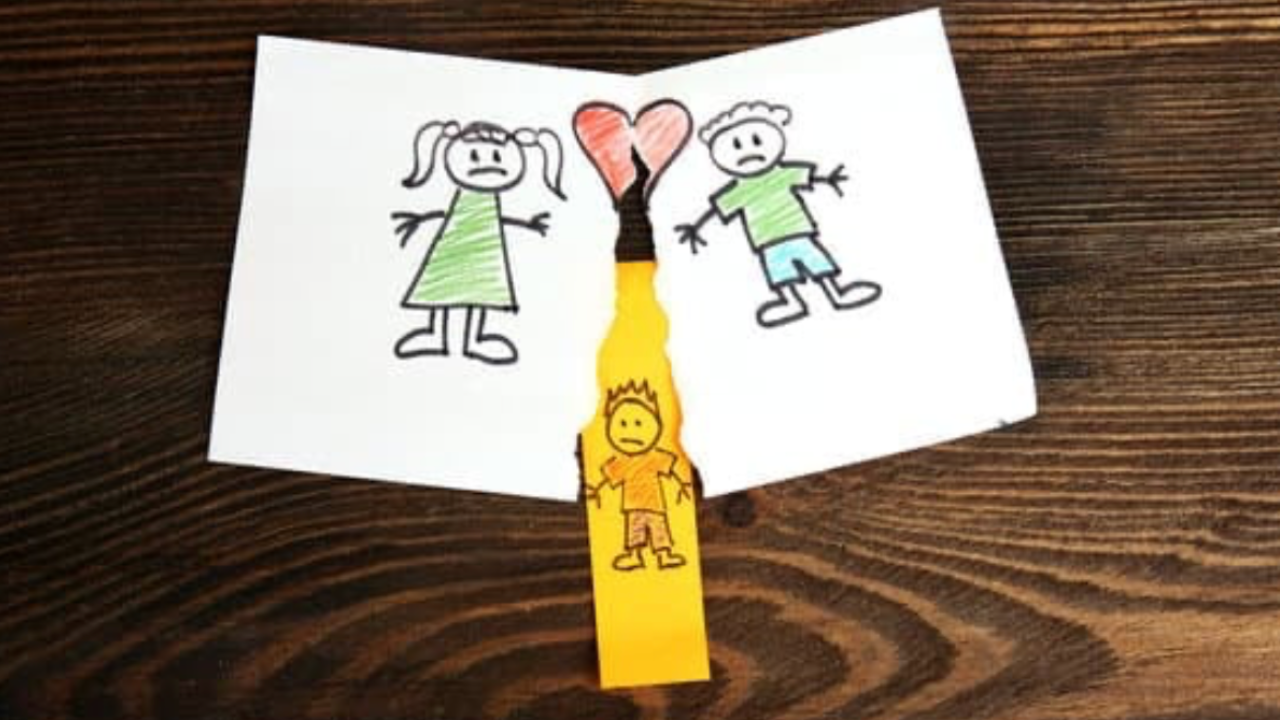Supporting Children After Separation
You’re separating because the relationship is no longer working, but you’re devastated that the kids will grow up in a “broken” family.
A whole family doesn’t mean a healthy family. Truth is, children can adjust to separation, what they don’t adjust to is ongoing unresolved conflict.
Parents sometimes unintentionally place children in the middle of conflict, and it can happen in small and subtle ways. Areas of caution:
Talking about separation:
Parents often assume children understand why or say they’ve been told once.
Children need a “separation story” that is clear and consistent, neutral, non-blaming and tailored for their age, and they need to hear it more than once.
An example of a separation story is: “mum and dad couldn’t get along, we just had too many adult problems that we couldn’t fix even though we tried really hard, so we have decided we would be happier if we lived in two separate homes, even though we will live separately we are still a family, and it doesn’t change how much we love you”.
If you don’t give children a clear, simple, age appropriate story, children can make up their own stories or even begin to blame themselves.
Exposing children to conflict
Getting into fights in front of children - particularly at changeover, school functions or over the phone.
When parental conflict occurs children can feel a loyalty bind - children often think that that parents are fighting over them, they resort to choosing a side in order to end the fighting and reduce anxiety that they feel being stuck in the middle.
Children need to be protected from conflict.
Children need true permission from both parents - permission for your child to love and have a meaningful relationship with the other parent.
Put downs
Speaking poorly of the other parents, expressing negative or unfavorable views in front of children.
Can impact on a child’s sense of self - children often describe themselves as half mum and half dad, so when they hear one of their parents speaking badly about the other, children can interpret that as true for themselves, they can internalize those negative view, it can feel like an attack on themselves
It can result in children acting out or shutting down.
Parents need to resist the urge to react to putdowns.
Carrying messages
Having children pass on messages on parents behalf - happens when parents want to let the other parent know something and they use the children to avoid conflict, especially tempting when the last person you want to speak to is your ex-partner.
But it’s like asking children to fight your war, they have to face the other parents reactions, but it’s the kids who get hurt in this battle.
It places children in a losing situation - children have to worry about how to say something from one parent without hurting the other and they have to take on the worry about the massage which is often about an adult issue such as money or court. It’s asking children to deliver demands or threats. Instead, adults issues should be addressed at an adult level.
Quizzing kids
Asking (or interrogating) children questions about the other parent - often a way to find out more information about the other parent, this is neglecting your child’s needs and the relationship you have with them.
Quizzing kids can be a way to “spy” on the other parents, it’s asking children to betray their trust with the other parent.
Check your intention - be mindful of whether you’re coming from the position of an ex-partner or a co-parent, ask child focused questions that show interest in them without it being about the other parent.
Half-listening
Happens when children say something about the other parent, and instead of really listening to what the child was saying, you only pick up on your own frustration - this is listening as an ex-partner rather than having a parent/child focus.
Time-apart
Avoid saying “I will miss you”.
Children have a lot to worry about already, they don’t need to be made to feel guilty for “leaving you” whilst spending time with the other parent or made to feel responsible for your emotional wellbeing.
Children get trained to attend to parents emotional distress rather than focusing on their own needs, they feel like they don’t have real permission to love the other parent, and they don’t want to leave the other parent as they may feel they are betraying them
Reassure them and give true permission
Offloading feelings
Showing children how you really feel about the other parent - puts them in the middle of parents, emotionally responsible for the parent, children can begin to internalize negative views
Seek external support - from family, friends or a therapist
“Hot topics” where emotions can run high are often - birthdays, fathers/mothers day, Christmas, differences in parenting approaches, new parents, extended family. Understandably these topics can be hard to solve, but maintaining the war only hurt the children.
Making family life work post-separation is about holding up your half of the bridge so that the children can cross safely. We need to be children and future focused.
Focus on yourself as a parent. You can’t control the other parent or influence what they do, but you can focus on being the best parent you can be and focus on what you can change. Studies show that is children can have at least one supportive adult in their lives it has a significant impact on their future development. It’s time to be that adult.

